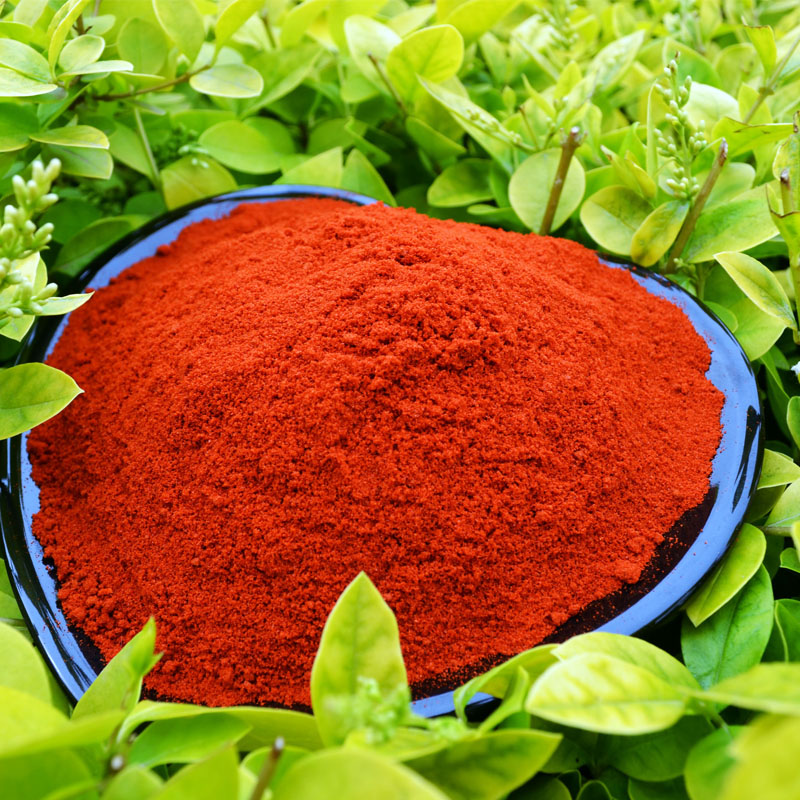- No. 268 Xianghe Street, Economic Development Zone of Xingtai city, Hebei 054001 China
- Byron@hbhongri.cn
Aromatic Turmeric Powder Spice for Flavorful Cooking and Health Benefits
The Golden Spice Exploring Turmeric Powder Seasoning
Turmeric, often hailed as the golden spice, is derived from the Curcuma longa plant, a member of the ginger family. It has been a staple in traditional Indian cooking for centuries, not just for its vibrant color and flavor, but also for its numerous health benefits. As culinary trends have evolved, turmeric powder seasoning is now gaining global recognition, making its way into a variety of dishes, wellness products, and even beauty treatments.
The Flavor Profile of Turmeric Powder
One of the most distinctive features of turmeric powder is its warm, earthy flavor with subtle notes of bitterness and pepper. This unique taste is attributed to its primary compound, curcumin, which not only gives turmeric its bright yellow color but also contributes to its myriad of health benefits. When used in cooking, turmeric adds a depth of flavor to dishes ranging from curries to soups and even marinades. A pinch of turmeric can transform a bland meal into a culinary delight while also enriching it with nutrients.
Culinary Uses
Turmeric powder seasoning can be incorporated into various recipes, showcasing its versatility. One popular way to enjoy turmeric is through golden milk, a soothing drink made with milk (or a non-dairy alternative), turmeric, black pepper, and a sweetener of choice. This drink, often enjoyed in the evening or during colder months, promotes relaxation and supports digestion.
In savory dishes, turmeric powder is an integral ingredient in curry powders and blends, enhancing the flavors of lentils, beans, and vegetables. It can also be sprinkled on roasted vegetables or added to smoothies for an unexpected yet nourishing twist. Moreover, it acts as a natural colorant, imparting a sunny hue to rice or pasta dishes.
turmeric powder seasoning

Health Benefits
Beyond its culinary uses, turmeric is renowned for its health-boosting properties. Research has shown that curcumin possesses powerful anti-inflammatory and antioxidant effects, making it a popular choice for those interested in natural remedies. Regular consumption of turmeric may aid in reducing joint pain, improving skin health, and supporting overall immunity.
Furthermore, studies suggest that turmeric may help enhance cognitive function and reduce the risk of neurodegenerative diseases, such as Alzheimer’s. Its ability to support heart health by improving vascular function and lowering cholesterol levels is another aspect of its appeal. However, it's important to note that curcumin is not easily absorbed by the body, so it is often recommended to consume turmeric with black pepper, which contains piperine, an active compound that significantly increases curcumin bioavailability.
Integrating Turmeric into Your Diet
If you are new to turmeric, start by slowly incorporating it into your diet. Begin with small quantities in your daily cooking, and experiment with various recipes to find what you enjoy most. For those who prefer supplements, turmeric capsules are widely available, but it's always best to consult a healthcare provider before starting any new supplement regimen.
Conclusion
Incorporating turmeric powder seasoning into your culinary repertoire not only adds a splash of color and flavor but also offers a plethora of health benefits. From enhancing the taste of everyday dishes to promoting overall wellness, this spice has stood the test of time. So, next time you're in the kitchen, consider reaching for that jar of turmeric powder and infuse your meals with a touch of golden goodness. Not only will you be tantalizing your taste buds, but you'll also be nourishing your body with this exceptional spice. Happy cooking!
-
Unlock the Power of Capsicum Frutescens Fruit Extract – A Flavorful Boost for Your Products!NewsJul.22,2025
-
The Vibrant World of Powder Paprika – Unlock Flavor and Color in Your DishesNewsJul.22,2025
-
The Golden Power of Turmeric Root Powder – A Superfood for Every Kitchen!NewsJul.22,2025
-
Ignite Your Dishes with Crushed Red Chilli – A Spicy Delight Awaits!NewsJul.22,2025
-
Explore the Golden Benefits of Turmeric Powder – A Superfood for Every Kitchen!NewsJul.22,2025
-
Discover the Richness of Paprika Food – A Flavorful Journey Awaits!NewsJul.22,2025







